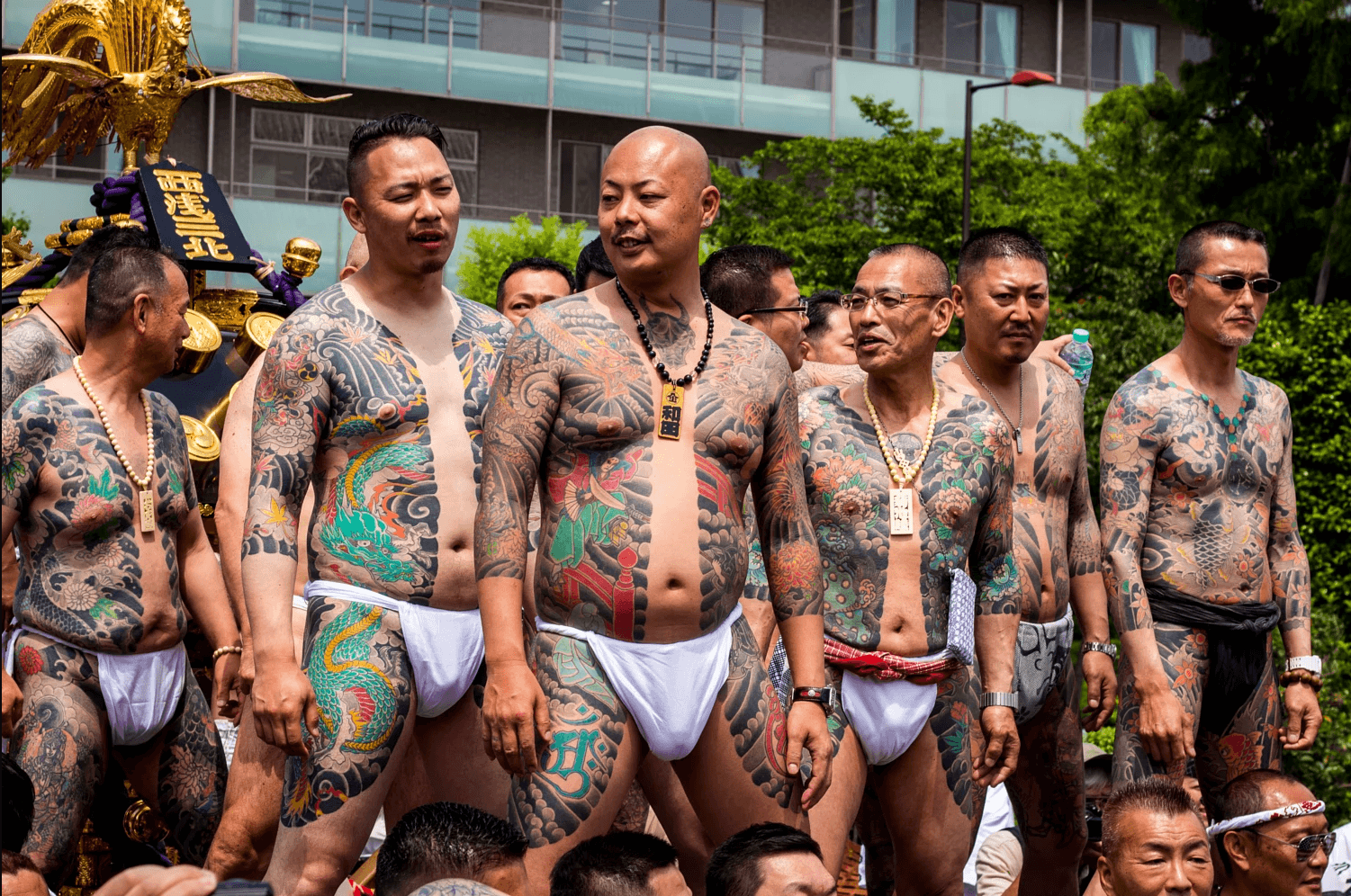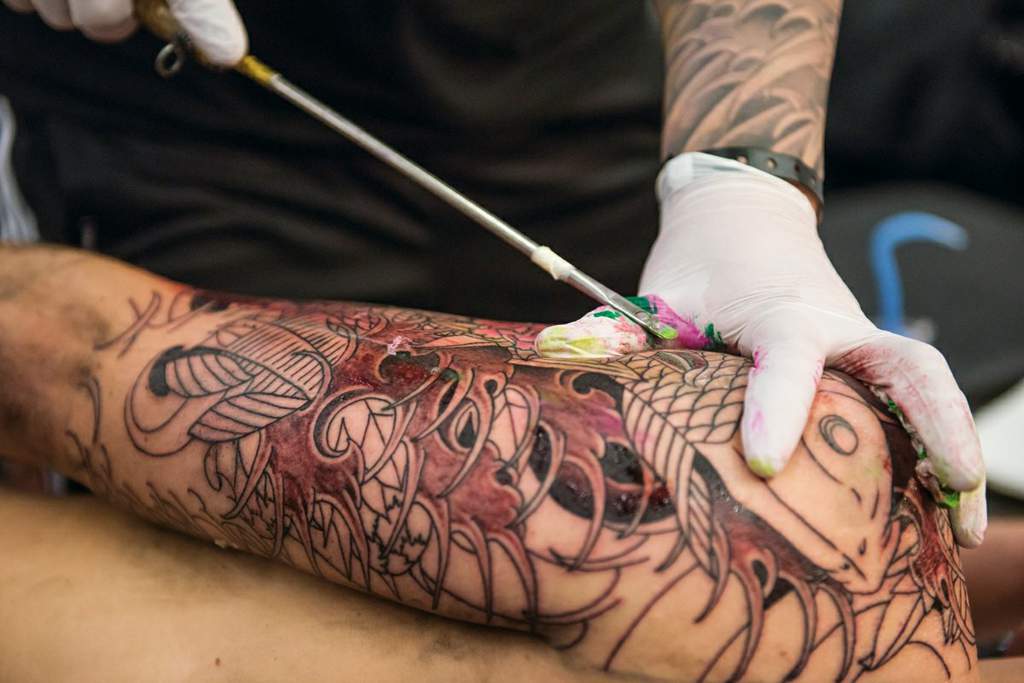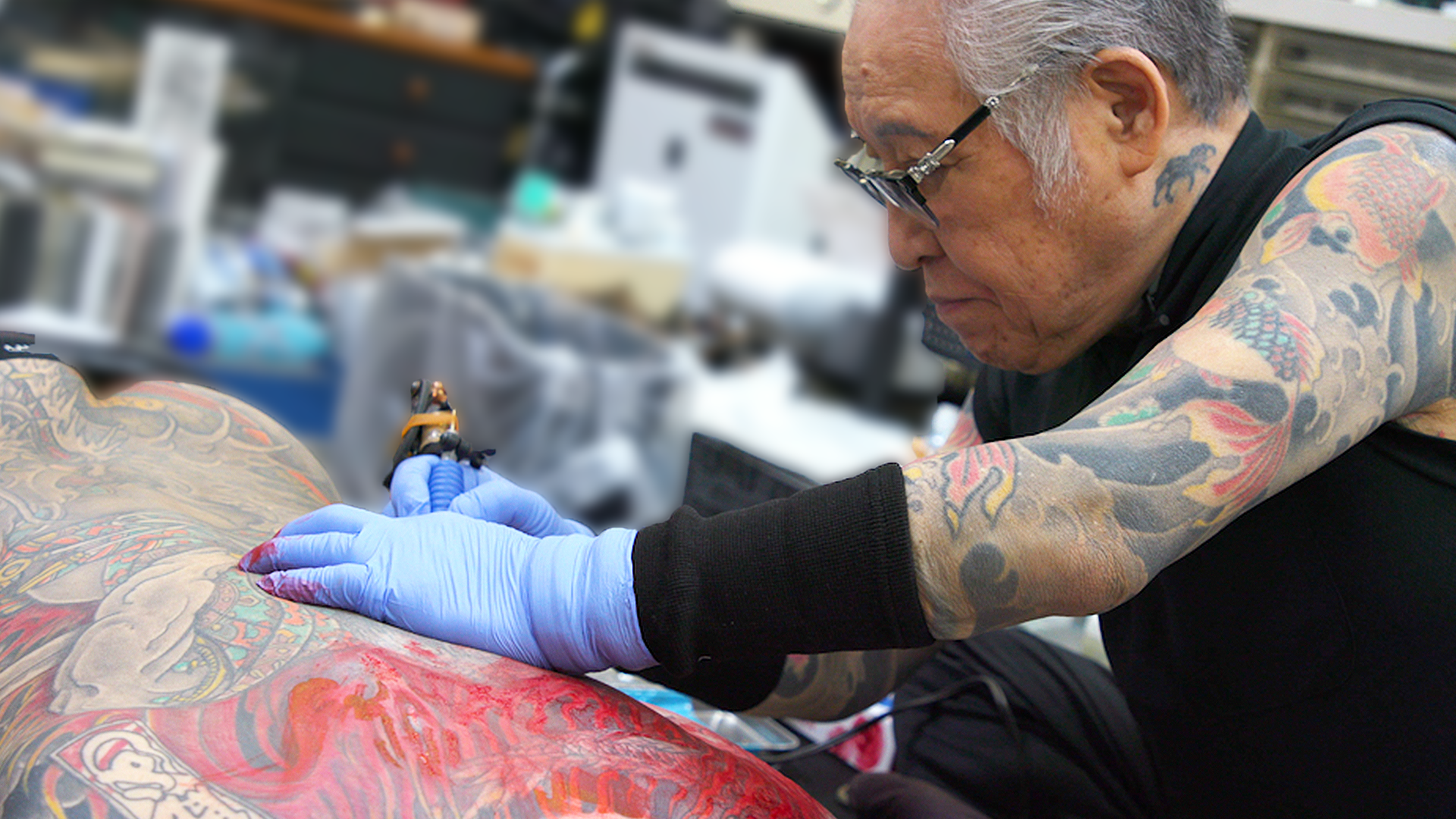Japanese tattooists no longer need medical licenses to legally run their businesses, according to a decision by the country's Supreme Court, in what could be a big first step toward making it easier to practice tattooing.
The top court dismissed an appeal in a historic case involving 32-year-old Osaka tattooist Taiki Masuda, who refused to pay a fine of 150,000 yen (about €1,200) for tattooing three female clients between 2014 and 2015.
In 2001, Japan's Ministry of Health, Labor and Welfare sent a notice to Japan's 47 prefectures notifying them that tattoos were subject to the medical practitioner law and that they should cooperate with the criminal prosecution of offenders. Breaking the law could bring a tattoo artist up to one million yen in fines (more than €8,000), up to three years in prison, or both.

Tattoos in Japan have strong negative stereotypes associated with organized crime. But critics say the government's attempt to whitewash the tattoo subculture was a way to hide the existence of the criminal underworld with which they were associated.
In his complementary opinion for the case, Supreme Court Justice Koichi Kusano said tattoos are a social custom with artistic significance, not a medical practice.
Traditional handmade tattoos in Japan, known as horimono or wabori, have histories going back centuries and are an art form linked to traditional Japanese wood engraving, called ukiyoe.

When the horimono first became popular in the 19th century, they did not have the same negative reputation they have today and, instead, were something to be proud of. The ruling in the Matsuda case seemed to recognize this cultural history.
"Tattoos have been practiced as a Japanese custom since ancient times," Judge Kusano noted in his complementary opinion. "There is room for debate about whether or not to expose tattoos in public, but people get tattooed. The demand for tattoos should not be denied."
The definitive link between tattoos and organized crime in Japan is also slowly diminishing as the groups lose influence and power. Recent laws prevent members of crime syndicates from renting apartments and opening bank accounts, while the total number of such syndicates has been declining steadily for 15 consecutive years.

In the meantime, more ordinary people are being tattooed. Athletes are also expected to participate in Japan's Olympic Games who have tattoos, a further normalization of the practice, although the contest has been postponed until 2021 due to COVID-19.
But despite the good news, tattoo artists in Japan argue that the decision still leaves the industry in a legal gray area.
"Before we can say that tattoos are completely legal and accepted, other laws and regulations will have to be created to regulate our industry," said the owner of one of Tokyo's largest tattoo stores, requesting anonymity for this very reason."
 Cookie preferences
Cookie preferences


